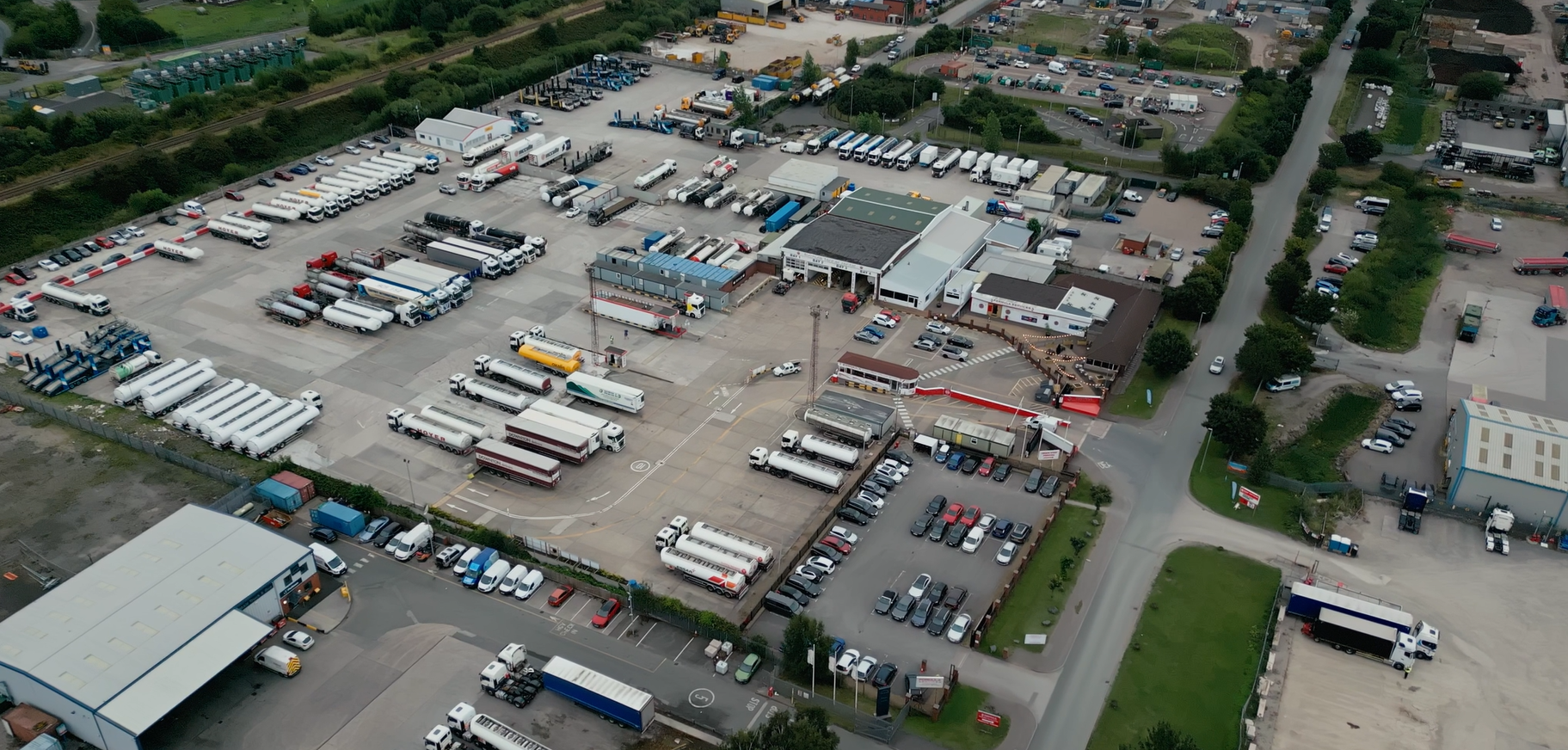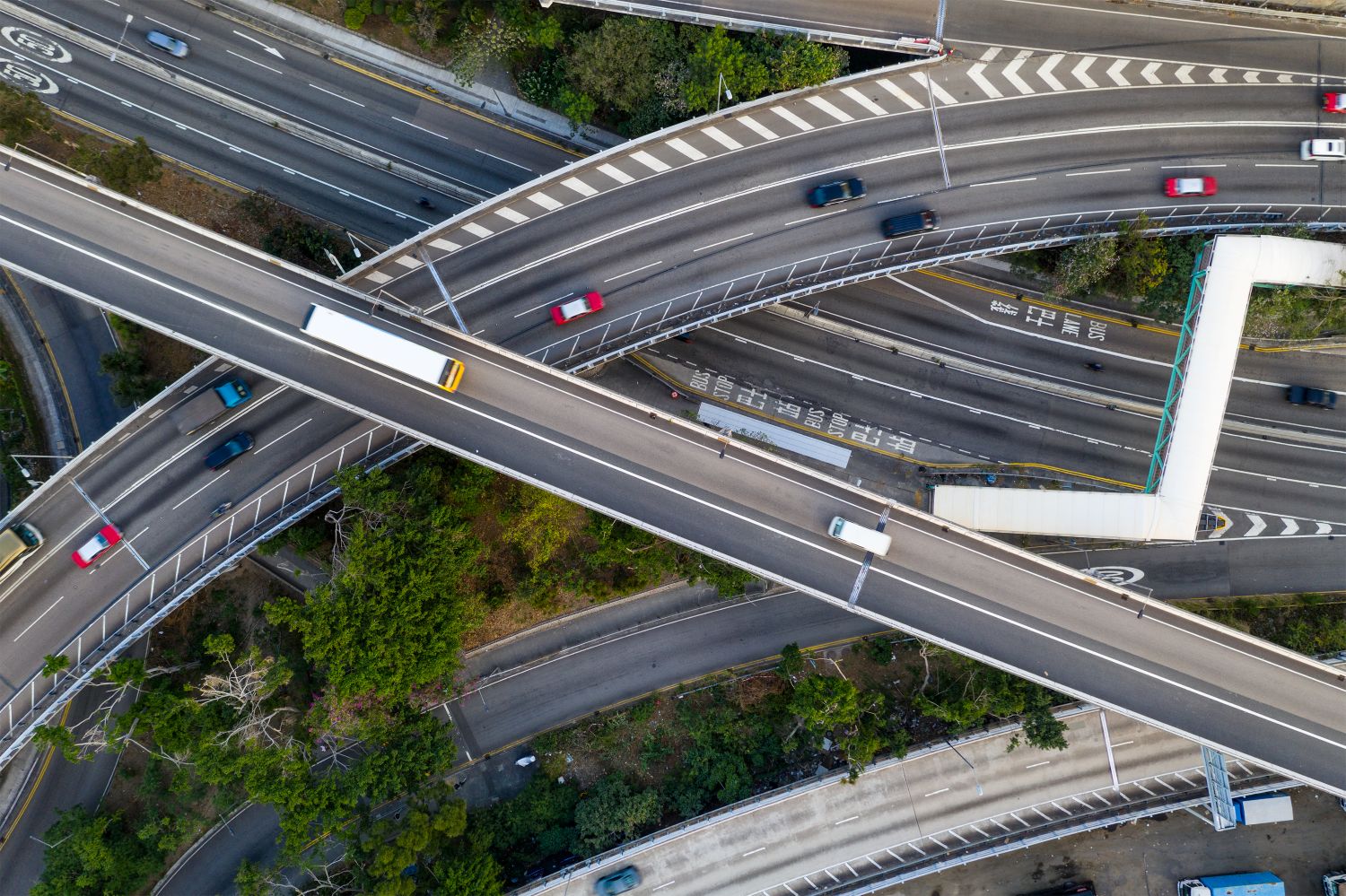
Miranda Blake
Пътят пред 2025 г: Очаквани тенденции в производството на камиони
Създаден: 02.01.2025
•
Актуализирано: 02.01.2025
От общото недоволство на шофьорите до неотдавнашните промени в CPC на шофьорите и забавянето на системата за влизане/излизане от ЕС - 2024 г. беше вихрушка за логистичната индустрия. И на хоризонта се очертават много събития за 2025 г. - тук разглеждаме тенденциите, които се очаква да оформят сектора.
Възприемане на всички предимства на AI
Очаква се автоматизацията да играе ключова роля през следващата година. Ще има развитие на технологиите за автономни превозни средства, системите за управление на транспорта и електронните устройства за регистриране на превозните средства - което ще доведе до по-широко внедряване и значителни промени в индустрията.
Освен това предстои увеличаване на използването на изкуствен интелект за оптимизиране на маршрути, прогнозна поддръжка и управление на автопаркове. Това ще доведе до по-добри резултати, като например подобрена оперативна ефективност и намалени разходи. Особено ценни ще бъдат интернет на нещата (IoT) и машинното обучение, които ще се използват за предвиждане на неизправности в оборудването, което ще намали времето за престой.
По подобен начин телематиката ще споделя ценни данни в реално време, свързани с работата на автомобила, поведението на водача и състоянието на товара, което ще доведе до по-добра безопасност и спазване на изискванията.
Преодоляване на различията между половете и недостига на водачи
Привличането на повече жени шофьори на камиони е начин да се справим с липсата на шофьори. Работодателите биха могли да предоставят по-широк спектър от роли, да въведат програми за обучение и политики, които биха били от полза за жените, и да направят работната среда по-приобщаваща. Последните идеи включват наставничество или модели на работа, които отговарят по-добре на живота на шофьорите на камиони (като дневни смени и покриване на кръгови маршрути в подкрепа на тези, които имат семейни ангажименти).
Дискусията на страницата на SNAP във Facebook обаче показа, че и мъжете, и жените шофьори се нуждаят от промяна. Макар че някои изтъкнаха, че някои неща биха могли да бъдат по-добри за жените (например един отбеляза, че в 90 % от депата няма санитарни кошове), имаше много коментари за цялостния пакет за служителите и удобствата на спирките за камиони:
"Мъжете се нуждаят от по-добра подкрепа при грижите за децата. Ако това беше така, нямаше да се налага жените да бъдат "източващи" работната сила, когато става въпрос за болест или приоритети на децата им. Условията са шокиращи и за двата пола. "
"Подобрете условията и удобствата за ВСИЧКИ шофьори и ще видите, че в бранша идват повече хора - както мъже, така и жени. "
Затова компаниите трябва да търсят начини да привлекат и задържат цялата си работна сила. Те могат да предложат по-добро възнаграждение, условия на труд и възможности за развитие. По същия начин могат да провеждат обучения, за да гарантират, че хората имат всички необходими способности - сега и в бъдеще.

Насърчаване на по-зелена индустрия
Друг основен фокус ще бъде устойчивостта - особено поради все по-строгите закони за околната среда, преминаването към нулево нетно потребление и неимоверно високите цени на горивата.
През 2024 г. автомобилите с алтернативно гориво не отговориха на очакванията, така че се очаква, че макар иновациите в тази област все още да се случват, ще има повече изместване към фокусиране върху това как автопарковете могат да повишат оперативната ефективност (например чрез използване на технологии, данни и изкуствен интелект за намаляване на загубите на време). Компаниите също така ще се стремят да изградят по-екологични вериги за доставки, като работят с по-екологични доставчици и превозвачи.
По същия начин се засилва и преходът към електрически камиони - през тази година ще има повече точки за зареждане на електрически превозни средства на паркингите за камиони. Въпреки това, компаниите, занимаващи се с автопаркове, се сблъскват с пречки, като например значителни първоначални разходи и недостатъчна инфраструктура за зареждане.
Увеличаване на превозите на дълги разстояния
На последно място, предвижда се рязко увеличаване на въздушните и морските товари, което ще има отражение върху автомобилната индустрия. Това само се засилва от все по-голямата взаимосвързаност на глобалните вериги за доставки.
В резултат на това ще се увеличи броят на превозите на дълги разстояния, поради което е още по-важно шофьорите да имат подходящи почивки на безопасни спирки за камиони. И точно тук SNAP може да помогне.
Нашето приложение intruck разполага с над 800 сайта в цяла Европа, включително в Австрия, България, Чехия, Гърция, Унгария, Италия и Румъния. Ние помагаме за опростяване на управлението на автопарка и гарантираме, че както операторите, така и водачите на камиони могат да спазват Директивата за работното време на водачите през 2025 г. и след това.
За да научите повече, свържете се с нашия екип на телефон +44 (0)1603 777242.



